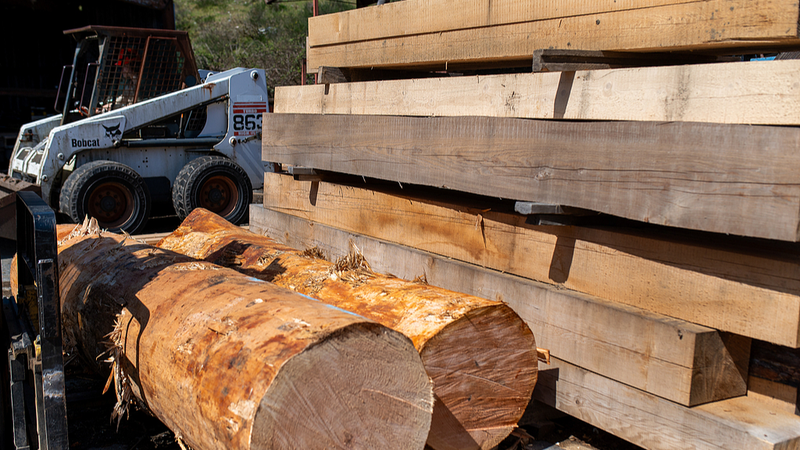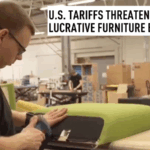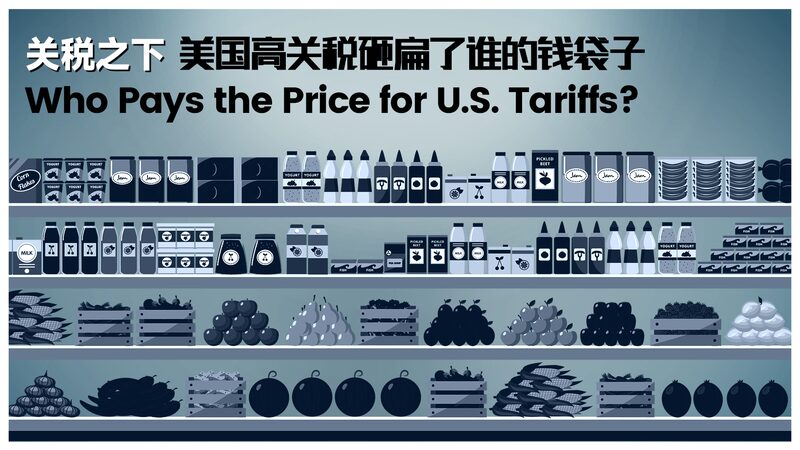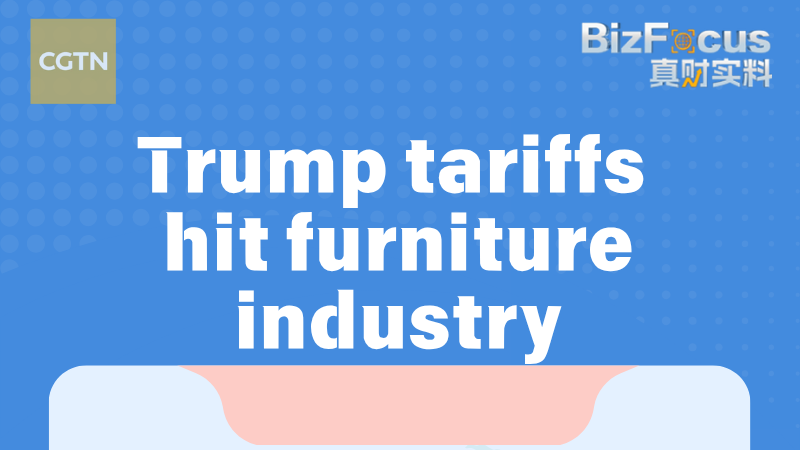The U.S. decision to raise tariffs on imported lumber, furniture, and kitchen cabinets from 10% to 50% has drawn widespread criticism, with industry leaders warning of higher costs for consumers and disruptions to housing markets already strained by affordability challenges.
National Association of Home Builders (NAHB) chairman Buddy Hughes told AFP the tariffs will worsen construction costs, stating, "This creates additional headwinds for an already challenged housing market." The move comes as U.S. home sales face pressure from elevated mortgage rates and limited inventory.
Manufacturers like Ohio-based Naturepedic are already adjusting strategies. Chief Growth Officer Arin Schultz revealed plans to raise prices by 5-10% and explore new suppliers in Sri Lanka, Vietnam, and Pakistan. "We're still going to be eating a good amount of [the cost]," Schultz told The New York Times, emphasizing efforts to shield consumers.
Economists warn the tariffs could deepen housing shortages. Redfin's Daryl Fairweather noted, "This will lead to fewer homes being built," undermining efforts to improve affordability. While domestic producers might benefit, Associated Builders and Contractors economist Anirban Basu cautioned that labor-intensive industries like furniture-making face steep challenges relocating to high-cost U.S. markets.
International backlash has also emerged. Canada, supplying 30% of U.S. lumber, condemned the 10% softwood tariff as "misguided," with the BC Lumber Trade Council warning of job losses and strained North American markets. Swedish retailer Ikea cited operational difficulties, stating it is "closely monitoring" impacts on global supply chains.
Capital Economics estimates the Canadian lumber tariff alone could add $2,200 to average U.S. homebuilding costs—a significant burden amid ongoing housing crises. As debates over trade policy intensify, stakeholders await potential adjustments to balance domestic industry support with consumer needs.
Reference(s):
U.S. tariff hike on lumber and furniture backfires, provoking concerns
cgtn.com








